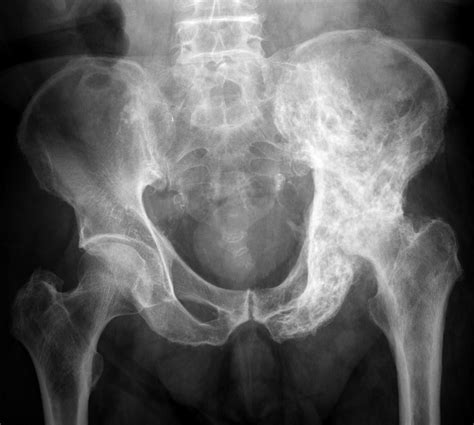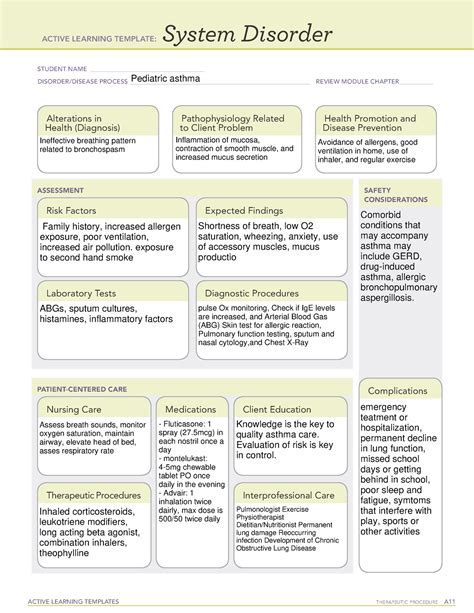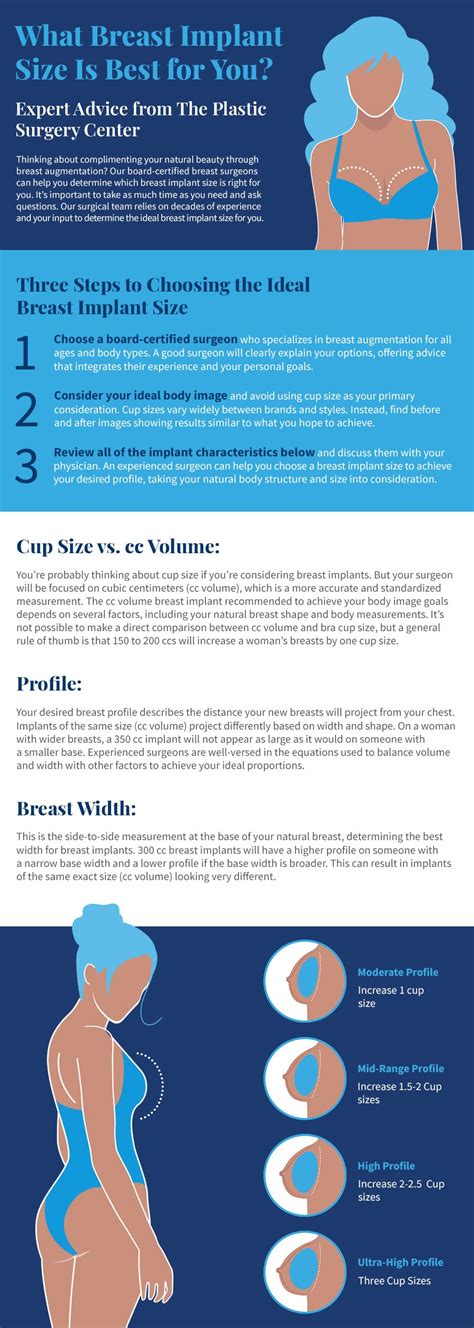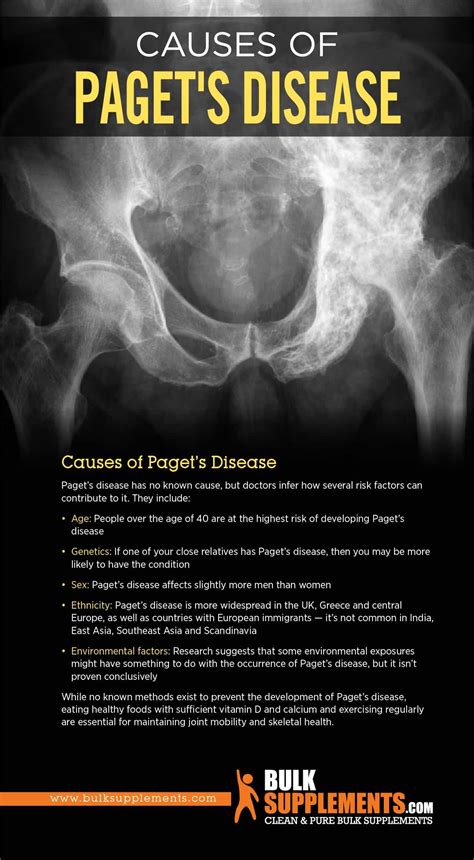Intro
Discover how Pagets disease affects breast health, including symptoms, diagnosis, and treatment options, exploring its impact on breast cancer, nipple discharge, and overall breast wellness.
Paget's disease of the breast is a rare form of breast cancer that primarily affects the skin of the nipple and, sometimes, the areola. It is often associated with an underlying ductal breast cancer, either in situ (contained within the milk ducts) or invasive (spread beyond the ducts). Understanding how Paget's disease affects the breast is crucial for early diagnosis and effective treatment. The impact of Paget's disease on the breast can be multifaceted, involving changes in appearance, sensation, and overall breast health.
The symptoms of Paget's disease can be subtle at first, making it essential for individuals to be aware of any changes in their breasts. Early signs may include itching, redness, or a rash on the nipple and areola. As the disease progresses, the skin may become thicker, and the nipple might start to invert or become distorted. These changes can be alarming and necessitate a prompt medical evaluation.
Paget's disease is often confused with other skin conditions, such as eczema or dermatitis, due to its appearance. However, it is a form of cancer that requires specific treatment. The disease's rare nature and its potential to be overlooked or misdiagnosed underscore the importance of breast self-examination and regular mammograms. Early detection significantly improves the chances of successful treatment and can make a substantial difference in the patient's prognosis.
Understanding Paget's Disease of the Breast

Paget's disease of the breast accounts for about 1-4% of all breast cancers. It typically affects women, although there have been rare cases reported in men. The disease is more common in women over the age of 50, but it can occur at any age. The exact cause of Paget's disease is not well understood, but it is believed to originate from the ductal cells within the breast. In most cases, Paget's disease is associated with an underlying breast cancer, which may be ductal carcinoma in situ (DCIS) or invasive ductal carcinoma.
Diagnosis and Detection
The diagnosis of Paget's disease often involves a combination of clinical examination, imaging studies, and biopsy. A healthcare provider may perform a physical examination to look for any visible changes in the nipple and areola. Imaging tests such as mammography, ultrasound, or MRI may be used to evaluate the extent of the disease and to check for any underlying breast cancer. A biopsy, which involves removing a small sample of tissue for examination under a microscope, is essential for confirming the diagnosis.Treatment Options for Paget's Disease

The treatment of Paget's disease depends on the extent of the disease and the presence of any underlying breast cancer. For cases without underlying invasive cancer, surgical removal of the tumor (lumpectomy) or the entire breast (mastectomy) may be recommended. In some instances, especially if the disease is limited to the nipple and areola, a central lumpectomy (removal of the nipple, areola, and a portion of the surrounding breast tissue) might be performed.
Role of Radiation Therapy
Radiation therapy may be used after surgery to eliminate any remaining cancer cells and reduce the risk of recurrence. This approach is particularly considered if the patient undergoes a lumpectomy or if there are indicators suggesting a high risk of recurrence.Impact on Breast Appearance and Sensation

Paget's disease and its treatment can significantly affect the appearance and sensation of the breast. Surgical procedures, especially those involving the removal of the nipple and areola, can alter the cosmetic appearance of the breast. Additionally, the disease itself and the subsequent treatment can lead to changes in nipple sensation and, in some cases, affect sexual function.
Psychological Support
Given the potential impact on body image and sexual function, psychological support is an essential component of care for individuals with Paget's disease. Counseling and support groups can provide valuable resources for coping with these changes and adapting to life after diagnosis and treatment.Prevention and Early Detection Strategies

While there are no proven strategies to prevent Paget's disease, early detection significantly improves treatment outcomes. Regular breast self-examinations, annual clinical breast exams, and mammography as recommended by healthcare guidelines are crucial for identifying breast changes and abnormalities early. Being aware of the signs and symptoms of Paget's disease, such as a new rash or itching on the nipple, can prompt individuals to seek medical attention sooner.
Awareness and Education
Raising awareness about Paget's disease and other forms of breast cancer is vital for encouraging individuals to take proactive steps in their breast health. Education on the signs, symptoms, and importance of early detection can empower individuals to seek medical care promptly if they notice any changes in their breasts.Current Research and Future Directions

Research into Paget's disease and other breast cancers continues to evolve, with studies focusing on improving diagnosis, treatment, and patient outcomes. Advances in genetic research may provide insights into the causes of Paget's disease and help in developing targeted therapies. Additionally, there is a push towards more personalized treatment approaches, tailored to the individual's specific disease characteristics and genetic profile.
Personalized Medicine
The concept of personalized medicine, where treatment is tailored to the genetic makeup of the tumor, holds promise for improving outcomes in breast cancer, including Paget's disease. Ongoing research aims to identify specific genetic markers that can predict the behavior of the disease and response to treatment, allowing for more effective and less toxic therapies.Living with Paget's Disease

Living with Paget's disease requires a comprehensive approach that addresses not only the physical aspects of the disease but also the emotional and psychological impacts. Support from family, friends, and healthcare professionals is crucial for navigating the challenges of diagnosis, treatment, and recovery.
Coping Mechanisms
Developing healthy coping mechanisms, such as stress management techniques, maintaining a balanced lifestyle, and engaging in activities that promote well-being, can help individuals with Paget's disease cope with their diagnosis and treatment. Connecting with others who have experienced similar situations can provide valuable support and understanding.What are the common symptoms of Paget's disease of the breast?
+Common symptoms include itching, redness, or a rash on the nipple and areola, which can resemble eczema or dermatitis but are actually signs of cancer.
How is Paget's disease diagnosed?
+Diagnosis involves a clinical examination, imaging tests such as mammography or ultrasound, and a biopsy to confirm the presence of cancer cells.
What are the treatment options for Paget's disease of the breast?
+Treatment options include surgery (lumpectomy or mastectomy), radiation therapy, and, in some cases, chemotherapy or hormone therapy, depending on the extent of the disease and the presence of any underlying breast cancer.
In conclusion, Paget's disease of the breast is a complex condition that requires prompt attention and comprehensive treatment. By understanding the disease's effects on the breast, being aware of its symptoms, and knowing the available treatment options, individuals can take proactive steps in managing their breast health. We invite readers to share their experiences, ask questions, and engage in discussions about breast health and cancer awareness. Your stories and inquiries can help others feel supported and informed, emphasizing the importance of community and knowledge in the face of health challenges.
